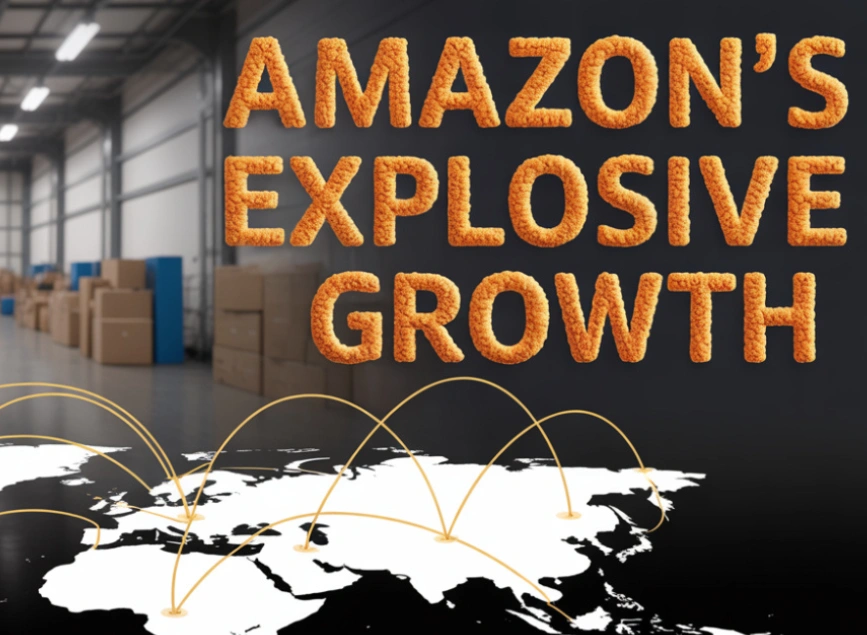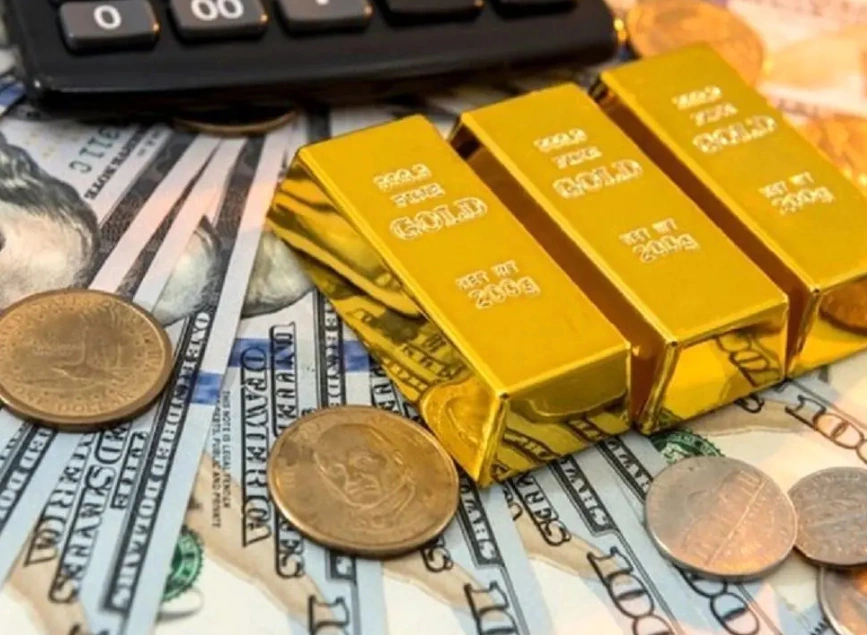
Investment Strategies During Geopolitical Crises
Estimated reading time: 3 minutes
Table of contents
The world today is more uncertain and unstable than ever before.
From wars and political tensions to economic conflicts between global powers — geopolitical crises shake the markets, disrupt investment plans, and challenge even the smartest investors.
💡 So what should investors do during these turbulent times?
Where should you put your money when the world seems uncertain?
Let’s break it down. 👇
Why Geopolitical Crises Matter for Investors
Geopolitical instability creates uncertainty, and uncertainty hits markets hard. Here’s how:
- 📉 High Volatility: Markets react quickly to war, sanctions, or political changes. Prices move sharply up and down.
- 🛡️ Flight to Safety: Investors move money from risky assets into safer ones.
- 🚢 Supply Chain Disruptions: Conflicts can block trade routes or stop production.
- 💰 Policy Changes: Governments may increase defense spending or change interest rates.
- 🐢 Slower Growth: Fear and instability often reduce business investment and consumer spending.
Where Smart Investors Go: Safe Haven Assets
In times of crisis, the goal is often protecting wealth, not chasing big profits. These assets are seen as safe:
1. Gold
- A timeless store of value.
- Not tied to any country or financial system.
- Demand rises in times of fear.
2. Strong Currencies
- US Dollar (USD): World’s top reserve currency. Grows stronger in crises.
- Swiss Franc (CHF): Trusted due to Switzerland’s stability and neutrality.
- Japanese Yen (JPY): Traditionally a safe choice in uncertain times.
3. Government Bonds
- Especially US Treasuries and other bonds from stable, creditworthy countries.
- Considered very low-risk.
- Prices usually rise during crises, as investors rush toward safety.
4. Selective Commodities
- Some goods (like oil) can rise in price if their supply is threatened.
- But these need careful analysis and come with higher risk.
What to Avoid: High-Risk Assets
During geopolitical storms, some investments are too dangerous:
1. Stocks
- Especially cyclical industries (automotive, airlines) and growth stocks.
- Sensitive to economic shocks, reduced consumer demand, and global supply issues.
- Emerging Market Stocks are even more vulnerable.
2. High-Yield (Junk) Bonds
- Issued by companies or countries with poor credit ratings.
- Prone to default when things get rough.
3. Cryptocurrencies
- Despite talk of Bitcoin as “digital gold,” crypto remains extremely volatile.
- In crises, people usually seek stability — not extreme swings.
4. Assets in Crisis Zones
- Investing in companies or properties located in the heart of the conflict is highly risky.
Read More: Buffett Warns Washington: Overspending Threatens Dollar Stability
What Markets to Focus On?
Keep your eyes on safe and stable markets:
- Precious Metals: Gold, silver, and related ETFs.
- Safe Currencies: Look at currency pairs like USD/CHF or USD/JPY.
- Government Bond Markets: Especially US Treasuries. These markets reflect global fear levels.
Key Strategy Tips for Crisis Investing
Beyond asset choices, your overall strategy matters most:
1. Diversify
Don’t put all your eggs in one basket.
Hold a mix of:
- Stocks
- Bonds
- Gold
- Cash
- Different regions
📌 Adjust your portfolio if needed favor safer assets during dangerous times.
2. Maintain Liquidity
Keep some cash or easily sellable assets ready.
This gives you:
- Emergency support
- Buying power if markets crash
3. Think Long-Term
Crises are usually temporary.
Don’t panic-sell quality investments.
If your research shows long-term potential, stay patient.
4. Stay Informed
Follow:
- News about key players and conflicts
- How sectors are affected
It helps you make smart decisions.
5. Talk to a Pro
Every investor is different.
A qualified financial advisor can help create a crisis-ready plan just for you.
Final Thoughts
Investing during geopolitical crises is tough — but not impossible.
With the right mindset and strategy, you can protect your capital and even spot opportunities.
✅ Focus on safe havens like:
- Gold
- Stable currencies
- Government bonds
🚫 Be cautious with:
- Stocks (especially cyclical/emerging markets)
- Cryptocurrencies
- High-risk bonds
- Conflict-zone investments
🎯 Most important: diversify, stay calm, and plan smart.
Share
Hot topics

Best broker for gold trading
There’s always been a certain magic about gold. Before online charts and trading applications, people stored their wealth in coins and bars, trusting that gold would retain its value during...
Read more




Submit comment
Your email address will not be published. Required fields are marked *